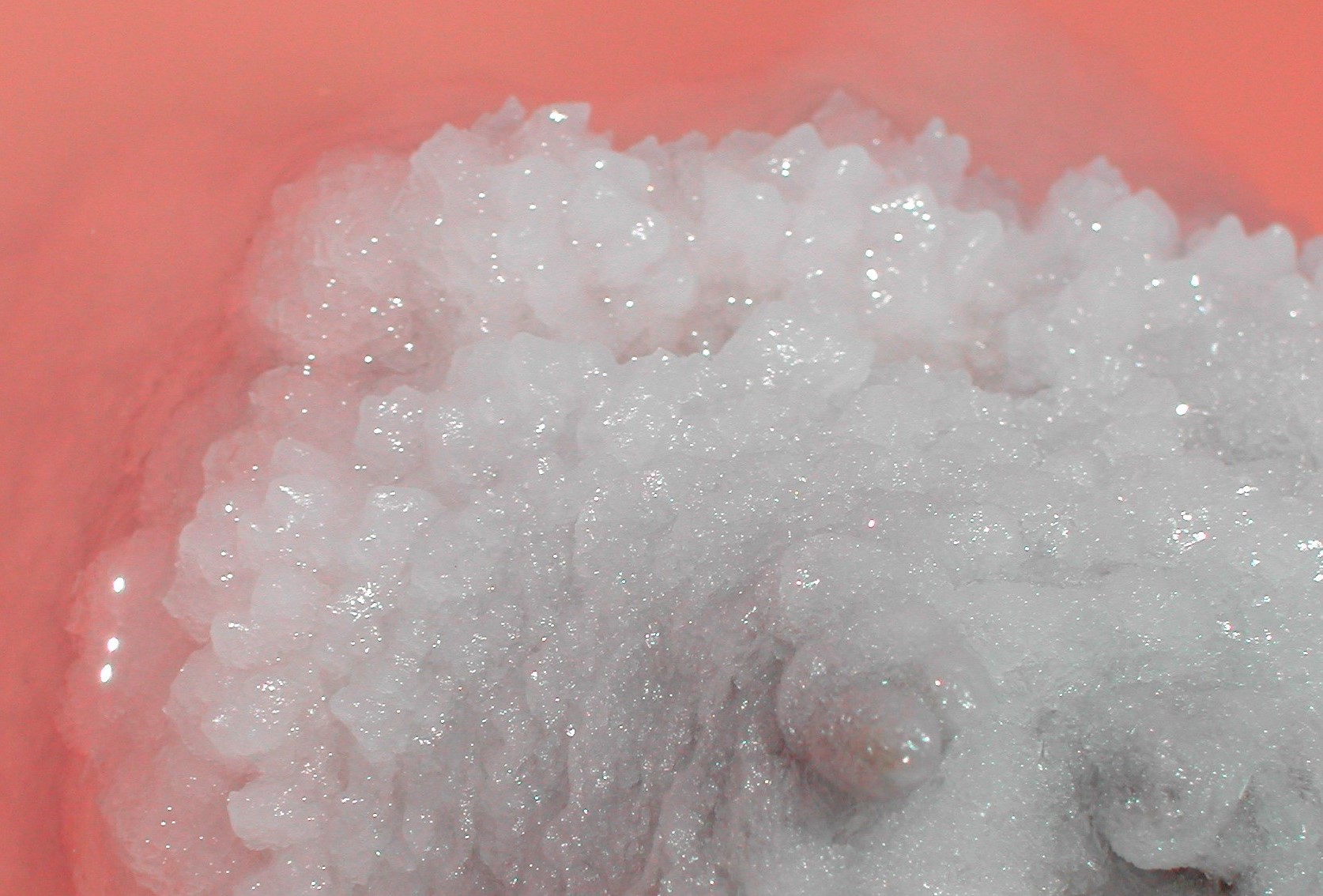The Rhône delta was formed over time by the sedimentary deposits that the river deposited on the continental shelf and gained from the sea. As a result, the soil is naturally salty.
A natural environmental balance existed when the river’s floods washed out the soil. Total dyking of the Camargue, while protecting it from flooding, has interrupted this natural balance.
Since 1860, irrigation systems equipped with pumps have supplemented the flooding by criss-crossing the Camargue island to bring in fresh water.
The control of fresh, salt and brackish water achieved since the 19th century has been called into question by climate change, which is drying out the delta soil. Rainfall is falling, the flow of the Rhône is decreasing, and the salty soils require human activities to adapt and reinvent themselves in order to survive.

